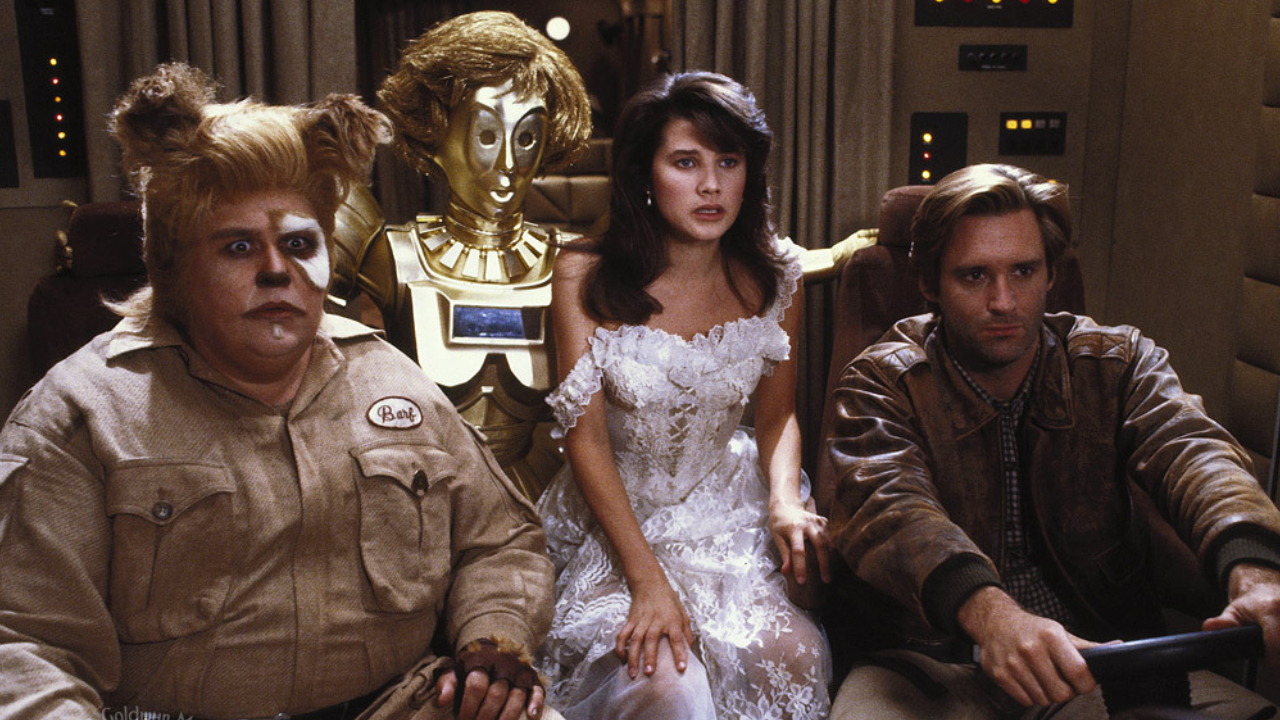A Brief History of TV Advertising

Well, we seem to have come full circle in TV land, judging from the premiere of “30 Rock” and the Trivection oven. The show featured new network bigwig Jack (Alec Baldwin) extolling the virtues of his wonder product, able to cook a turkey in under 2 hours. Graciously, he calls for his assistant to make sure Liz’s (Tina Fey) writing partner, Pete (Scott Adsit), gets one before Jack gives him the axe. Ah, the generosity of TV executives has no end! Then, we were treated to a real Trivection oven commercial. And another. And another.
Circa 1950, television viewers were treated to commercial after commercial for the same product during their viewing time. Shows were sponsored by companies, giving us the Kraft hour, and soap operas named for sponsor Proctor and Gamble’s products. This was Lucille Ball’s inspiration for the classic spoof, Vitameatavegamin.
The modern age hit full force, and Nielsen boxes all over the country allowed advertisers to target specific demographics. Soon, commercials for diapers and Depends flooded the airwaves, carefully orchestrated to the viewing audience. Product placement became hot, with Roseanne no longer drinking “Cola” but preferring “Pepsi”; Charlotte, Miranda and Carrie made “Jimmy Choos” a household word. Although it never really took off on broadcast shows, feature films soon were generating millions in extra revenue by having characters purchase specific brands. Films with titles like Harold and Kumar Go To Whitecastle were not far behind.
Then, Tivo. Remember the phrase, “appointment TV”? Remember when George Clooney was on ER, and you made your book club move their meetings from Thursday night, because you were suddenly busy? That will never happen again. Now the audience can watch any show, any time. They also can skip the commercials with an expert click of the remote. What’s corporate America to do, no longer able to hawk their wares to a captive audience?
Hawk them to the audience when they are captive, of course. Make the advertisement an integral part of an important character’s dialogue, a feature of the plot, and they’re home free. A visit to GE’s Trivection website even includes a link to the network show. It might work for a show like “30 Rock”, which doesn’t take itself too seriously and where parody is expected. Would it work for Aaron Sorkin’s take on the same premise, “Studio 60 on the Sunset Strip”? Probably not, but then again satire, comedy, and spoof are not words describe that show.
Could this be the future of TV advertising? Will Evian become the bottled water of choice for Jack, Kate, and Sawyer? Perhaps NBC could provide tie-ins to boost other, less popular shows, giving us “Maury Povich” as the exclusive provider of paternity tests for the “Law & Order” franchise.
That frightening thought remains open for debate. Within minutes of the broadcast, backlash hit the Internet, with outraged viewers calling GE on the carpet for their perceived transgression. Days later, it’s still news on big entertainment blogs such as Defamer.com, and the debate continues to rage on message boards. Only time will tell if this bold strategy will work or backfire, but if you use the Trivection oven, time’s all we’ve got.
Your Daily Blend of Entertainment News
